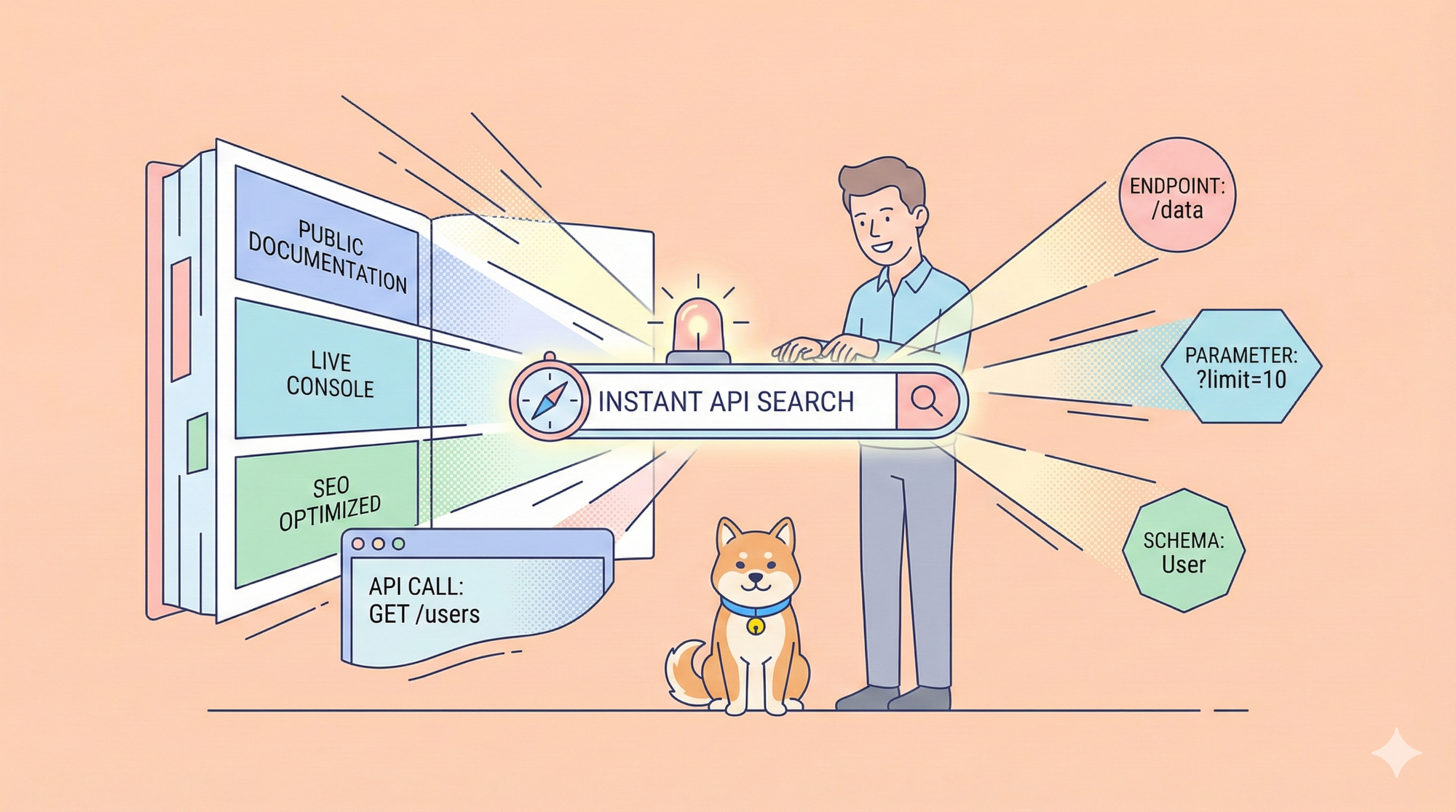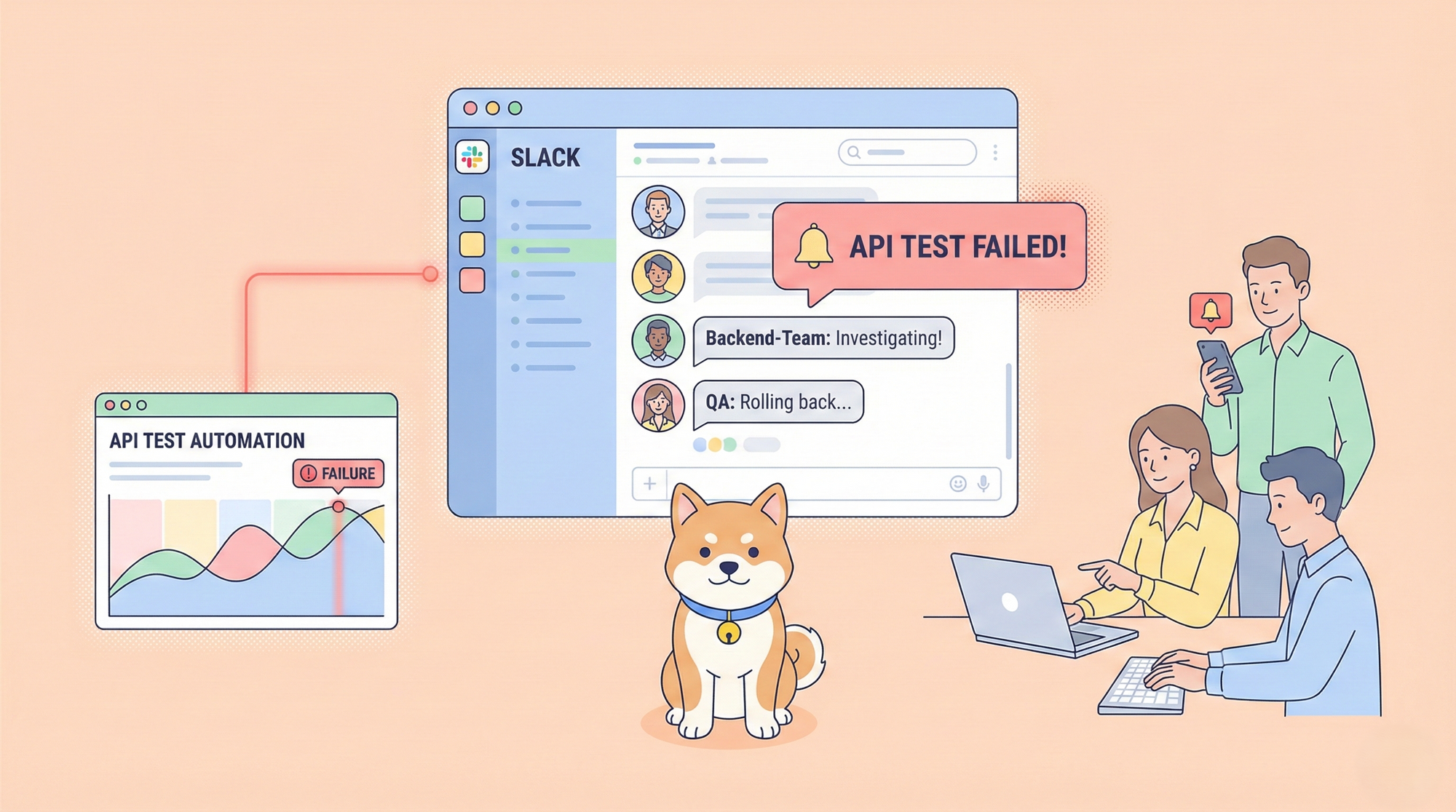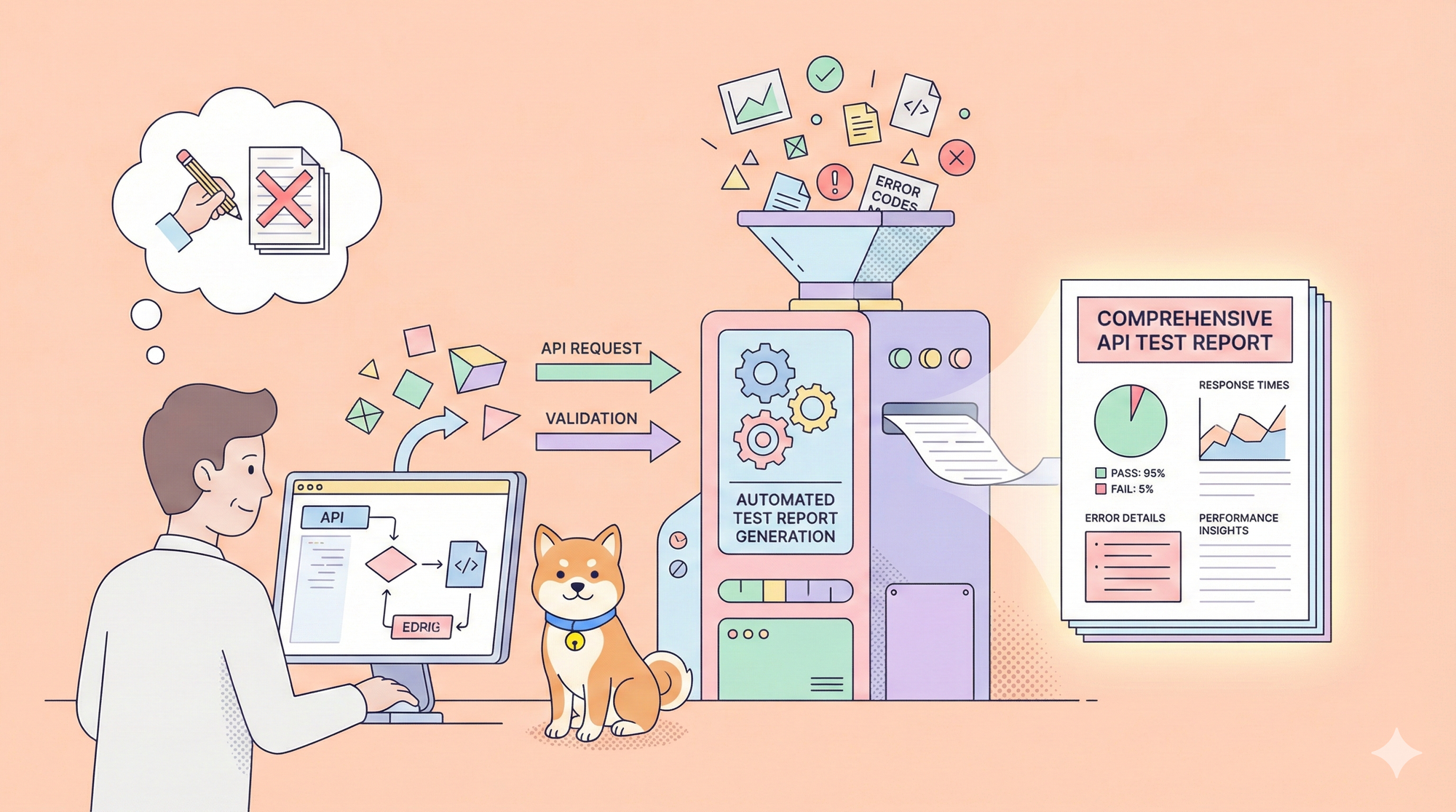Microservices architecture certainly made a breakthrough in software development, dividing huge and complex applications into more manageable bits: services.
On the other hand, testing these distributed systems is tough. You would need the right weapons to ensure each microservice works just fine and communicates well with other services. Let's discusses the top 10 microservices testing tools that can ease your testing processes. Along the way, we are going to touch on some of the recent updates about Apidog and its place in the ecosystem.
What is Microservice Tools?
Microservices tools are software solutions that help in the development, deployment, management, and monitoring of microservices architectures. Microservices architecture breaks down applications into smaller, independent services that can be developed, deployed, and scaled independently.
Microservices provide their Application Programming Interface (APIs) to other microservices to make use of their functionalities when needed. An API basically allows the interaction or communication between two software components. One very famous example is of Netflix, whose API gateway controls all the streaming services.
Types of Microservices Tools
- Development Tools:
- Frameworks: which facilitate the creation of microservices.
- Programming Languages: are commonly used to build microservices.
2. Containerization Tools:
- Docker: For packaging applications and their dependencies into containers.
- Kubernetes: For orchestrating and managing containerized applications.
3. API Management Tools:
- API Gateways: Tools like Apidog manage, secure, and route API requests.
- Service Meshes: facilitating service-to-service communication, observability, and security.
4. Monitoring and Logging Tools:
- Monitoring: help monitoring the performance and health of microservices.
- Logging: for logging and analyzing logs.
5. Communication Tools:
- Message Brokers: for asynchronous communication between services.
- REST and gRPC: for synchronous communication between services.
6. Testing Tools:
- Unit Testing Frameworks: JUnit, Mocha, etc., for testing individual services.
- Contract Testing: Pact for ensuring that services adhere to agreed interfaces.
7. Deployment Tools:
- CI/CD Tools: for automating the deployment of microservices.
- Configuration Management: for managing configuration across services.
8. Security Tools:
- Identity and Access Management: for securing microservices.
- API Security: for securing APIs.
9. Service Discovery Tools:
- Eureka, Consul, and Zookeeper: For enabling services to discover each other dynamically.
These tools collectively support the lifecycle of microservices, from development to deployment and monitoring, ensuring that applications are scalable, resilient, and maintainable.
1. Apidog
Apidog is a comprehensive API development platform that excels in designing, testing, and debugging APIs. Its recent updates have introduced powerful features tailored for microservices environments.

Key Features:
- Debug Mode: Simplifies API debugging by allowing direct parameter modifications without predefined documentation.
- Automated Testing: Supports complex test scenarios with loops, conditionals, and error handling.
- Collaboration Tools: Enhances team collaboration with API versioning and sprint branches.
Pros:
- All-in-one platform for API lifecycle management.
- User-friendly interface with robust debugging capabilities.
Cons:
- Primarily focused on APIs; may require additional tools for non-API microservices.
Apidog versatility makes it an excellent choice for teams working with microservices, providing seamless integration and efficient testing workflows.
2. Postman
Postman is a widely-used tool for API testing, known for its intuitive interface and powerful features. It supports automated testing and real-time collaboration, making it ideal for microservices environments.

Key Features:
- Automated Test Suites: Create and execute tests across multiple environments.
- Collaboration Features: Share collections and collaborate on tests with team members.
Pros:
- Extensive library of integrations.
Cons:
- Can become complex with large test suites.
Postman's robust feature set makes it a staple in many developers' toolkits for testing microservices efficiently.
3. Jest
Jest is a JavaScript testing framework perfect for Node.js microservices. It offers unit, integration, and end-to-end testing capabilities with a focus on simplicity and performance.

Key Features:
- Snapshot Testing: Captures the state of UI components.
- Mocking Functions: Easily mock dependencies for isolated tests.
- Code coverage reporting: Jest automatically generates reports showing how much of your code is covered by tests.
- Supports parallel execution: Jest processes and executes your test parallelly, thus ensuring improved performance.
Pros:
- Fast execution with parallel test running.
- Comprehensive test reporting
Cons:
- Primarily focused on JavaScript environments.
- Limited mobile testing
Jest's ease of use and powerful features make it a go-to choice for developers working with JavaScript-based microservices.
4. Apache JMeter
Apache JMeter is an open-source tool designed for load testing and performance measurement of web applications, including microservices.

Key Features:
- Load Testing: Simulate thousands of users to test performance under stress.
- Protocol Support: HTTP, FTP, JDBC, and more.
Pros:
- Highly extensible with plugins.
Cons:
- Requires configuration knowledge for complex scenarios.
JMeter's ability to simulate real-world loads makes it invaluable for ensuring your microservices can handle expected traffic levels.
5. Pact
Pact is a consumer-driven contract testing tool specifically designed for microservices. It ensures that services interact correctly by defining expected interactions between them.

Key Features:
- Contract Testing: Validate interactions between service consumers and providers.
Pros:
- Reduces integration issues by verifying contracts early.
Cons:
- Requires buy-in from both consumer and provider teams.
Pact's focus on contract testing helps teams catch integration issues before they reach production, enhancing reliability across services.
6. WireMock
WireMock is a flexible tool for simulating HTTP services, allowing developers to test microservices in isolation by creating mock servers that mimic real ones.

Key Features:
- Mock Services: Simulate service responses to isolate tests.
Pros:
- Supports complex request matching rules.
Cons:
- Requires setup effort to create realistic mocks.
WireMock ability to mimic service behavior makes it essential for testing microservices independently from their dependencies.
7. Katalon Studio
Katalon Studio is an integrated platform supporting API, web, mobile, and desktop application testing. It offers cross-platform compatibility and rich features suitable for microservices environments.

Key Features:
- Cross-Browser Testing: Ensures consistent behavior across browsers.
Pros:
- Supports multiple programming languages.
Cons:
- Paid plans required for advanced features.
Katalon comprehensive approach to testing makes it suitable for diverse application landscapes involving microservices.
8. REST Assured
REST Assured is a Java-based library that simplifies REST API testing by providing a domain-specific language (DSL) for writing tests in a readable format.

Key Features:
- Fluent API Syntax: Write expressive tests easily.
Pros:
- Integrates well with Java-based projects.
Cons:
- Limited to RESTful services only.
REST Assured simplicity and integration capabilities make it ideal for Java developers working on RESTful microservices.
9. SoapUI
SoapUI is a veteran tool in the API testing space, supporting both REST and SOAP protocols. It provides extensive functionality for functional, security, and load testing of APIs within microservices architectures.

Key Features:
- Comprehensive protocol support
- Advanced scripting capabilities
Pros:
Suitable large-scale enterprise projects
Cons:
Steeper learning curve compared newer tools
SoapUI extensive feature set makes it indispensable organizations requiring thorough-test coverage across multiple-dimensions-api-quality assurance reliability-security-performance
10 Karate
Karate open-source framework combining API-testing-mocking automation into single cohesive package Built atop Cucumber BDD framework enabling readable test scenarios

Key Features:
Built-in support HTTP requests
Integration CI/CD tools
Pros:
Easy-to-read syntax enhances collaboration among team members
Cons:
Limited customization options compared dedicated scripting languages
Karate's straightforward approach lets teams implement effective tests in a quick way, without steep learning curves, as with more complex frameworks. This makes it easy to switch between the different stages of development, with high standards of quality throughout the whole process lifecycle.
Conclusion
The toolset you choose is important in approaching the complexities of microservice architectures. Each of the tools listed above has strengths fashioned for particular aspects of testing-be it unit tests via Jest, contract verification via Pact, load and performance evaluation via JMeter, or all complemented by Apidog innovative approach to API debugging within microservice environments.
This makes it very well placed to help you effectively deliver quality with efficiency in both delivering and maintaining a project in the small app, which will require mere unit checks, or a large enterprise system that requires comprehensive end-to-end validation.



